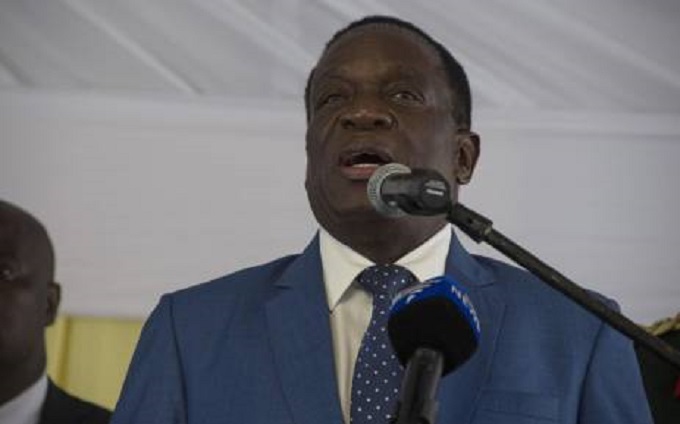Zim, SA in labour migration policy talks

Thupeyo Muleya , Beitbridge Bureau
ZIMBABWE and South Africa have opened discussions to regularise (legal) labour migration between the two countries to curb exploitation of undocumented immigrants, a senior Government official has said.
The permanent secretary in the Ministry of Home Affairs and Cultural Heritage Mr Melusi Matshiya told journalists in Beitbridge on Friday that the two countries have made great progress on the issue.
He said it was critical for the two Governments to address the issues of labour migration to solve the perennial headache of undocumented people, especially those working in a farming environment.
Mr Matshiya said the negotiations were a follow up to Memorandum of Understanding signed by the two countries’ labour ministers on issues relating to labour migration in 2006.
“We have an issue of legalising the movement of people between the two countries, mostly people who would want to work on farms,” he said.
“There has been discussions with the South African government in collaboration with the International Organisation for Migration (IOM) and the United Nations Office on Drugs and Crime (UNODC) to come up with special documentation which would involve the collaborative effort whereby they get a special dispensation.
“Such an initiative will enable people to move within South Africa and most importantly to work and be able to come back under controlled conditions, whereby those that would want people to work for example on their farms are in a position to do it in a manner that is transparent.
“This is an issue which is pending. It’s an issue which has not been implemented and we hope to get a response from our neighbouring country on that particular special dispensation. Comesa is expected to fund the initiative to ensure that we minimise issues of labour exploitation.”
Mr Matshiya said the Government at the request of citizens in the neighbouring country have been working with the consulate in facilitating the documentation programmes.
He said many people outside the country, especially those in South Africa, had benefited from the programme where officials from the Registrar General’s Officer issue documents after thorough vetting based on authentic bio data.
In addition to ongoing negotiations, last year South Africa introduced a four year permit known as the Zimbabwe Exemption Permit (ZEP) for those wishing to study or work in that country.
The ZEP is valid between 1 January 2018 and 31 December 2021, and replaces the Zimbabwe Special Permit (ZSP) whose lifespan expired on December 31 last year. A total of 197 941 holders of the ZSP permit have since applied for the new permits and their applications are still under adjudication.
“In terms of people who travel without documentation, there has been that realisation from Government that we need to make the processes accessible and convenient to all the citizens. Through the assistance of the Public Service Commission we have managed to set up a sub office to reduce the walking distance for people to our office to below 10 km and we are having periodic mobile registration of deaths and births in most areas across the country,” said Mr Matshiya.











Comments